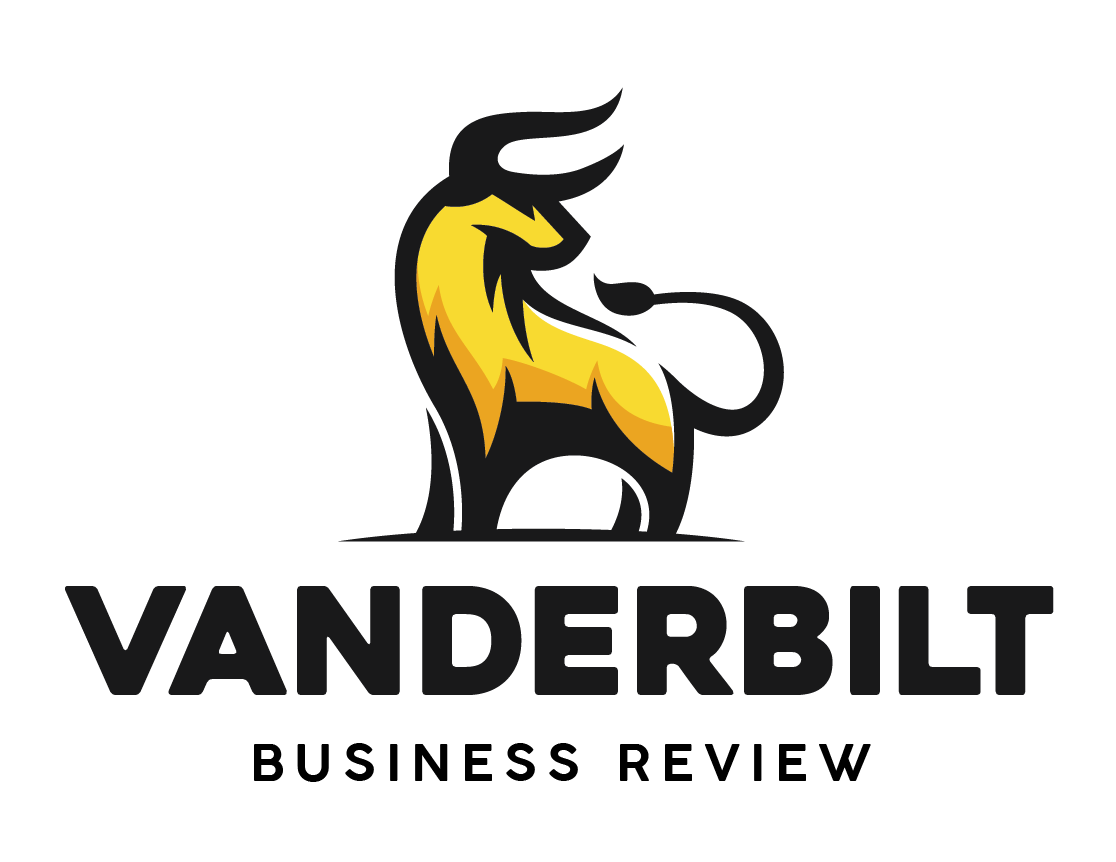By: Anton Kozyrev
Freedom to explore drives innovation. While some may argue over the precise wording, this sentiment generally holds in a variety of circumstances. This phenomenon is seen at a variety of levels within the economy. Google, for instance, has its well-known “20% Time” policy in which it urges employees to spend 20% of their time freely working on new projects. This opportunity to explore has led to the development of numerous noteworthy products, from Gmail to AdSense.
Freedom also drives innovation on a larger scale, particularly when it comes to national economic growth. Many proponents of a laissez-faire approach to business regulation will argue that overreaching government control and regulations only serve to stifle innovation and new development. Of course, monopolies and oligopolies — which are a risk of minimal government intervention — can actually stifle innovation just as much, if not more, than excessive government interference. Rather, there is a delicate balance between a free market economy and government supervision. Many western economies consistently try to maintain this balance, leading to prolonged and, while not explosive, steady growth.
The People’s Republic of China, on the other hand, has enjoyed unparalleled growth in the past decades. In part thanks to reforms implemented by Deng Xiaoping and Chen Yun in a post-Mao China, the nation’s economy was able to flourish at the micro level. According to the Cato Institute, the major drivers of economic growth in this time ranged from private farming to the implementation of Special Economic Zones. In retrospect, it becomes clear that they “were marginal players operating outside the boundary of socialism. For these marginal forces, the Chinese government was happy to leave them alone as long as they did not threaten the state sector or challenge the Party’s political power.” While this may be an oversimplification, the strategy can be thought of as the following: a centralized government keeps the “big picture” of the economy in mind by setting markers and expectations — such as through Five Year Plans — while day-to-day, routine business activities are delegated with more freedom to private industry itself, avoiding the pitfalls of a cumbersome bureaucracy when it comes to business growth.
While it has had its hiccups, this model of reform has enabled China to flourish since the 1980s. Now, however, China’s economic growth faces a variety of challenges. Yes, China faces increased resentment and distrust abroad. Yes, China’s economic growth is naturally slowing down after decades of explosive growth. But the most interesting development might be a shift within Chinese leadership itself.
After all, Xi Jinping is widely regarded as China’s most powerful leader since Mao Zedong. Since 2013, Xi has steadily consolidated power around himself — removing certain checks and balances that some argue have hampered Xi and his predecessors’ ability to efficiently and effectively govern. However, an increase in power and less accountability often go hand in hand with more bold actions — something that is evident in everything ranging from the Belt and Road Initiative to the still ongoing trade war with the United States.
Now, Xi’s government is using extensive power to launch a coordinated regulatory crackdown on numerous Chinese corporate behemoths. One such behemoth is Jack Ma’s Ant Group. According to Bloomberg, Ma has used the relative safety afforded by his status to speak out against Beijing’s regulatory policies — expressing that it “will suffocate innovation in China.” Now, Ma’s Ant Group — which operates Alibaba and AliPay — has come under close scrutiny from the Chinese government. Initially slated for the world’s largest initial public offering this year that would have valued Ant Group Co. at more than $300 billion, government regulators suspended the process and launched an investigation into Ant Group’s policies and practices within its leadership. China’s government has now labelled Ant Group as “monopolistic” and is pushing for a breakup of the fintech empire — a move that has already damaged both Ant Group and Ma financially and is frightening investors away.
While government oversight is essential to ensure that monopolies do not threaten economic growth and consumer safety, this confrontation may well serve to discourage Chinese entrepreneurs and innovators. In recent years, Chinese entrepreneurs have been at the forefront of China’s economic growth, from Meituan’s CEO Wang Xing to Zhang Yiming, founder of ByteDance — which owns the popular app TikTok.
This is not the first time that China’s government has pushed back on business practices it deems risky. Over the past year, billionaire Wang Jianlin’s Dalian Wanda Group — which counts AMC Theatres among its many subsidiaries — has been selling various investments and assets worldwide after being urged by the government to reduce its debt. Several years prior, Wu Xiaohui, one of China’s most prominent businessmen and founder of Anbang Insurance Group, built a reputation for himself as a confident dealmaker, snapping up properties across the globe. Anbang even purchased the historic Waldorf Astoria hotel in New York City in 2014 for $1.95 billion with the intent to convert the property into luxury condominiums. However, Wu was arrested and jailed for 18 years on charges of fraud and embezzlement in what became a very public and clear message.
Does this mean that there should be no government regulation in China? Absolutely not. There is no doubt that there are sound, logical, and proper reasons as to why China has begun this regulatory crackdown. However, it is important to pay close attention to how businesses — particularly entrepreneurial ventures — fare in China in the coming months and years. Will this crackdown truly stifle innovation, just as Ma predicted? Or will this simply create a more level playing field and enable more Chinese businesses to thrive? Only time will tell.



